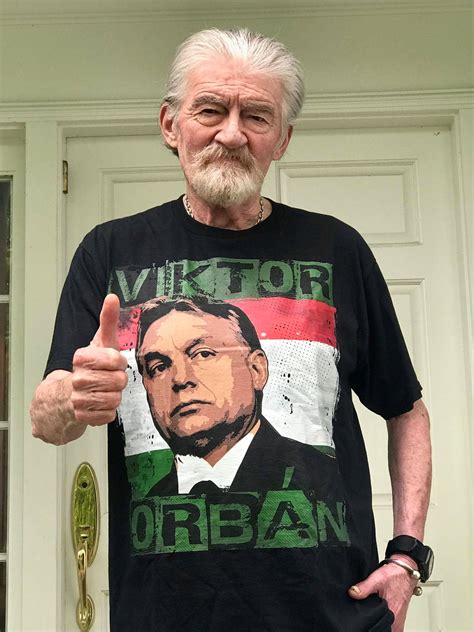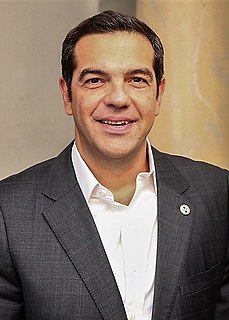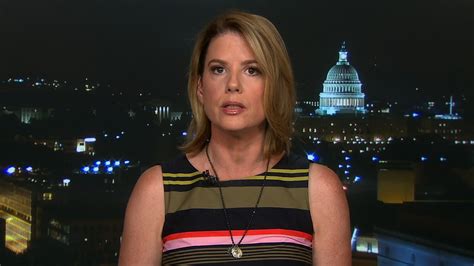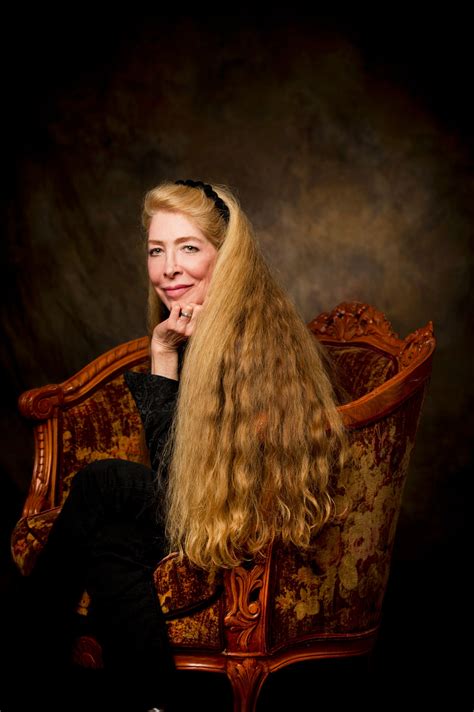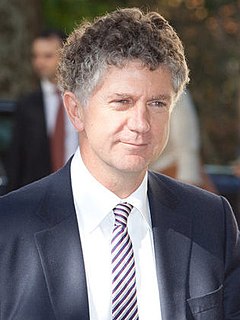A Quote by Marine Le Pen
I am the candidate who defends the superiority of politics over the administration, the bureaucracy, the economy, and so I think it is politics which must decide.
Quote Topics
Related Quotes
The belief that politics can be scientific must inevitably produce tyrannies. Politics cannot be a science, because in politics theory and practice cannot be separated, and the sciences depend upon their separation. Empirical politics must be kept in bounds by democratic institutions, which leave it up to the subjects of the experiment to say whether it shall be tried, and to stop it if they dislike it, because, in politics, there is a distinction, unknown to science, between Truth and Justice.
Though Americans talk a good deal about the virtue of being serious, they generally prefer people who are solemn over people who are serious. In politics, the rare candidate who is serious, like Adlai Stevenson, is easily overwhelmed by one who is solemn, like General Eisenhower. This is probably because it is hard for most people to recognize seriousness, which is rare, especially in politics, but comfortable to endorse solemnity, which is as commonplace as jogging.

